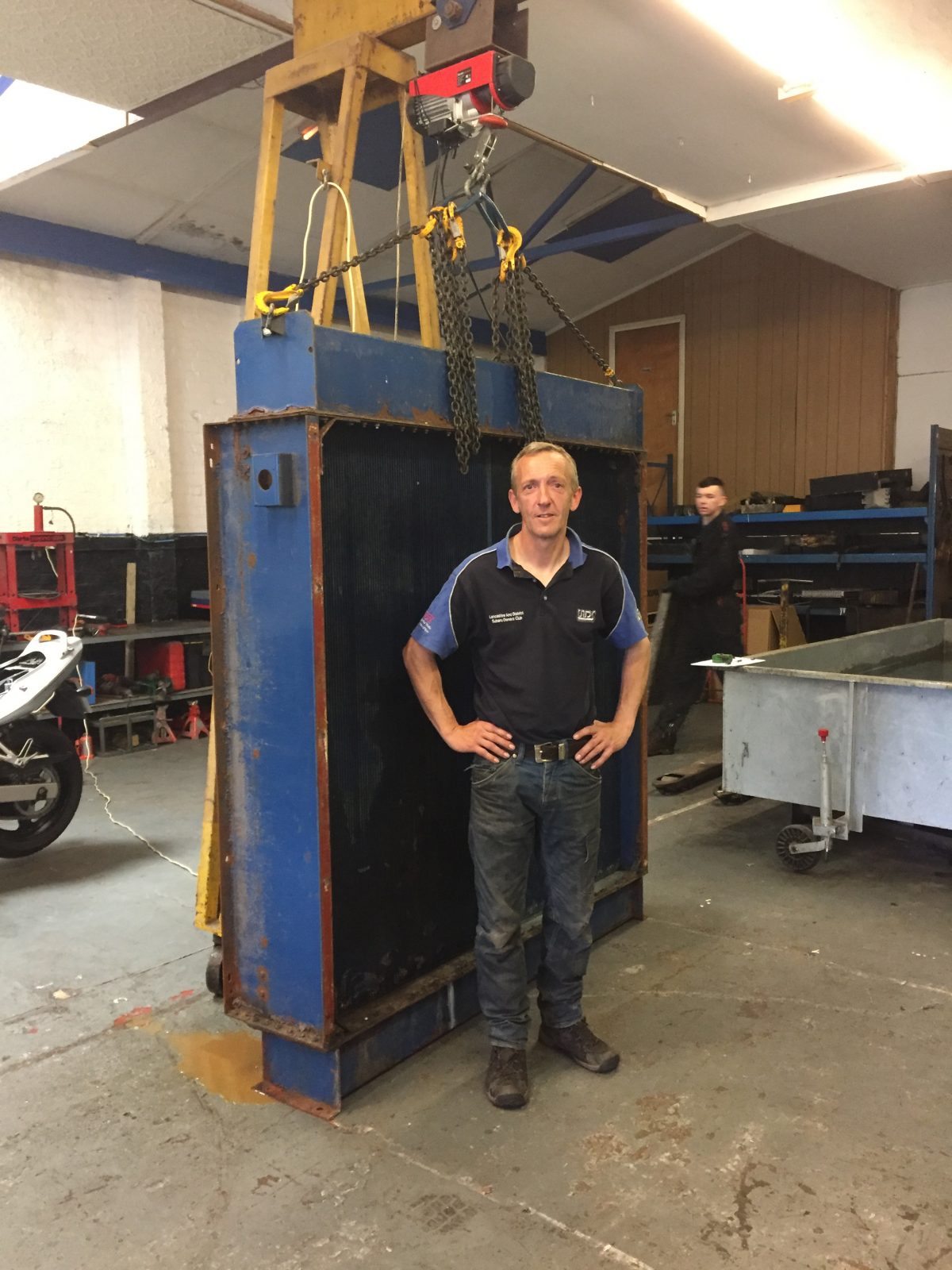Generator radiators, like those found in power generation systems, play a crucial role in maintaining optimal operating temperatures. However, over time, these radiators can develop faults that can hinder the efficiency of the generator and potentially lead to severe mechanical issues. So what are the most common faults with a generator radiator? And why should you choose our professional team here at MRS Heat Transfer for your generator radiator repair?
So what are the most common faults with a generator radiator?
There are several different faults and problems that can occur with a generator radiator. These include:
- Coolant leaks
- Blocked radiator fins
- Thermostat malfunction
- Corrosion
- Fan failure
Coolant leaks
Coolant leaks are one of the most prevalent issues with generator radiators. The radiator is responsible for maintaining the temperature of the engine by dissipating heat through coolant circulation. As such, if there is a leak, the cooling system will be compromised, leading to an overheated engine, which may result in permanent damage if not addressed. Leaks may occur due to corrosion, physical damage, or worn-out gaskets and seals.
Blocked radiator fins
Radiator fins are designed to increase the surface area for heat dissipation. Over time, dirt, debris, and grime can accumulate between these fins, reducing the efficiency of the radiator. In the UK, the constant changes in weather – from rainy conditions to dust during dry spells – can also contribute to these blockages. If not cleaned regularly, blocked fins can lead to inefficient cooling, which, in turn, forces the engine to run at higher temperatures. This can cause overheating, reduce fuel efficiency, and increase the risk of generator failure.
Thermostat malfunction
The thermostat controls the flow of coolant in the radiator based on engine temperature. A faulty thermostat can result in two potential issues: it may remain stuck in the open position, which prevents the engine from reaching optimal operating temperature, or it may remain closed, causing the engine to overheat. Both conditions can negatively affect engine performance and longevity.
Corrosion
Corrosion is a significant issue for generator radiators. Over time, rust and other forms of corrosion can deteriorate the metal components of the radiator, leading to leaks and reduced thermal conductivity. This is especially prevalent in older radiators that may not have been treated with anti-corrosive coatings. Corrosion weakens the structural integrity of the radiator, which can lead to more severe issues like cracks, splits, or even catastrophic radiator failure if not promptly addressed.
Fan failure
Radiator fans are crucial for maintaining airflow through the radiator, especially in situations where the generator is operating under heavy loads or in environments where natural airflow is insufficient. Fan failure can result from mechanical wear and tear, electrical faults, or debris blocking the blades. If the fan is not operating correctly, the radiator will struggle to dissipate heat effectively, leading to engine overheating. In the UK, where generators are often used in construction, farming, or industrial settings, debris like dust, mud, or even bird nests can cause obstructions to the fan.
Here at MRS Heat Transfer we are radiator, car heater, intercooler, and air conditioning experts, and we have the skills, knowledge and expertise to resolve any generator radiator problem. Why not get in touch today to find out more?

